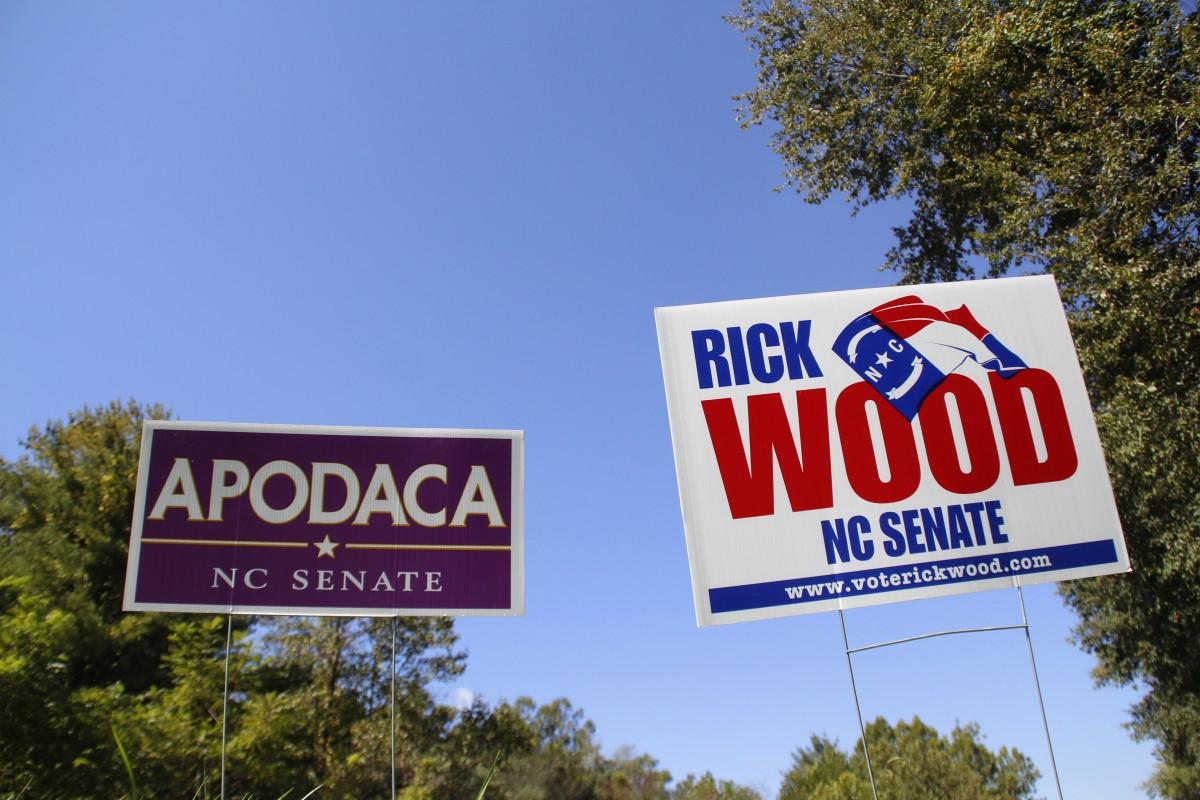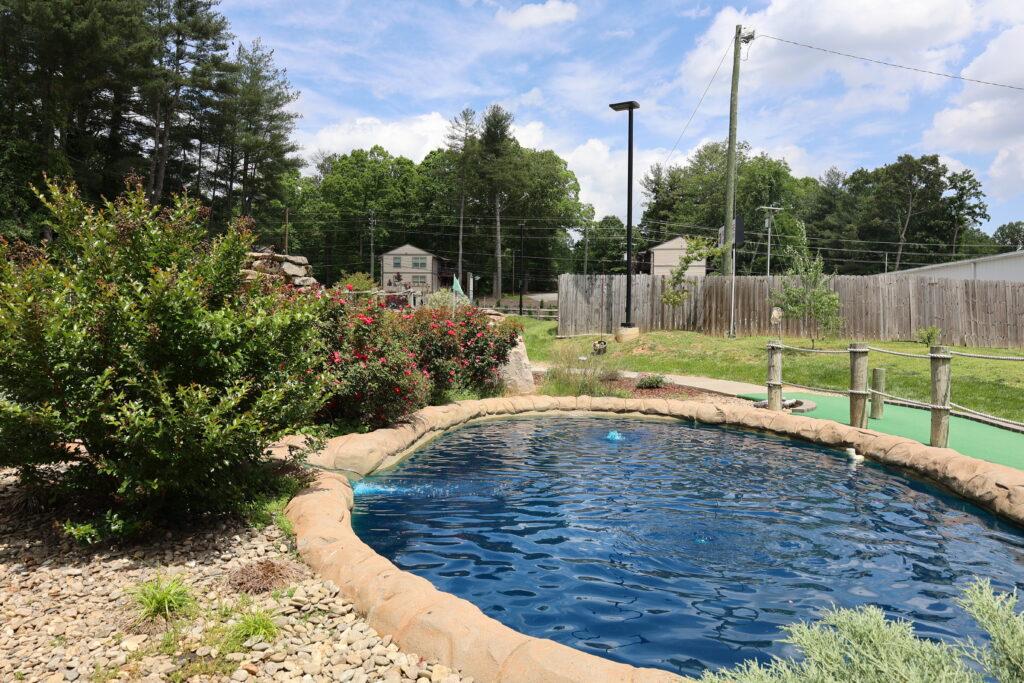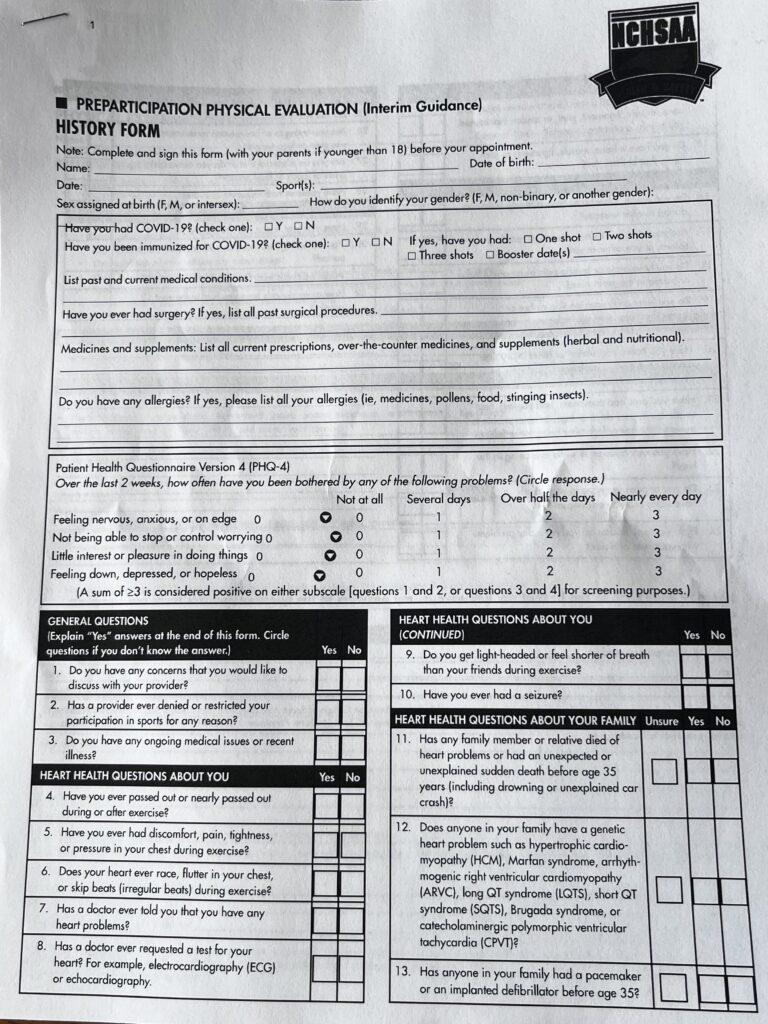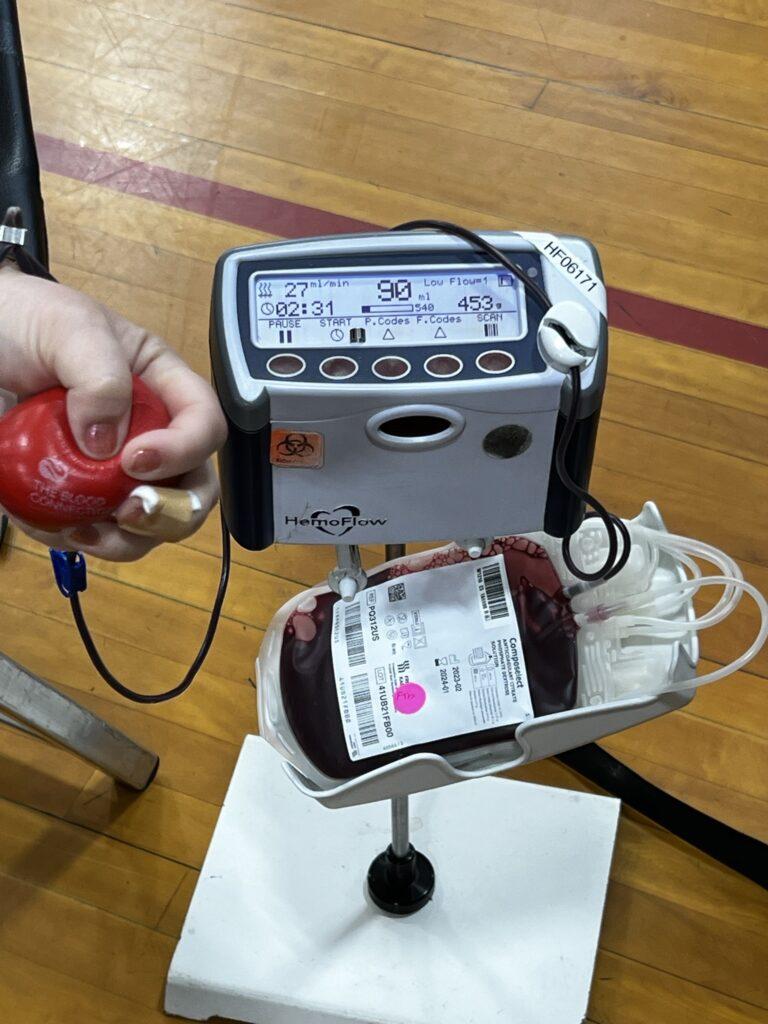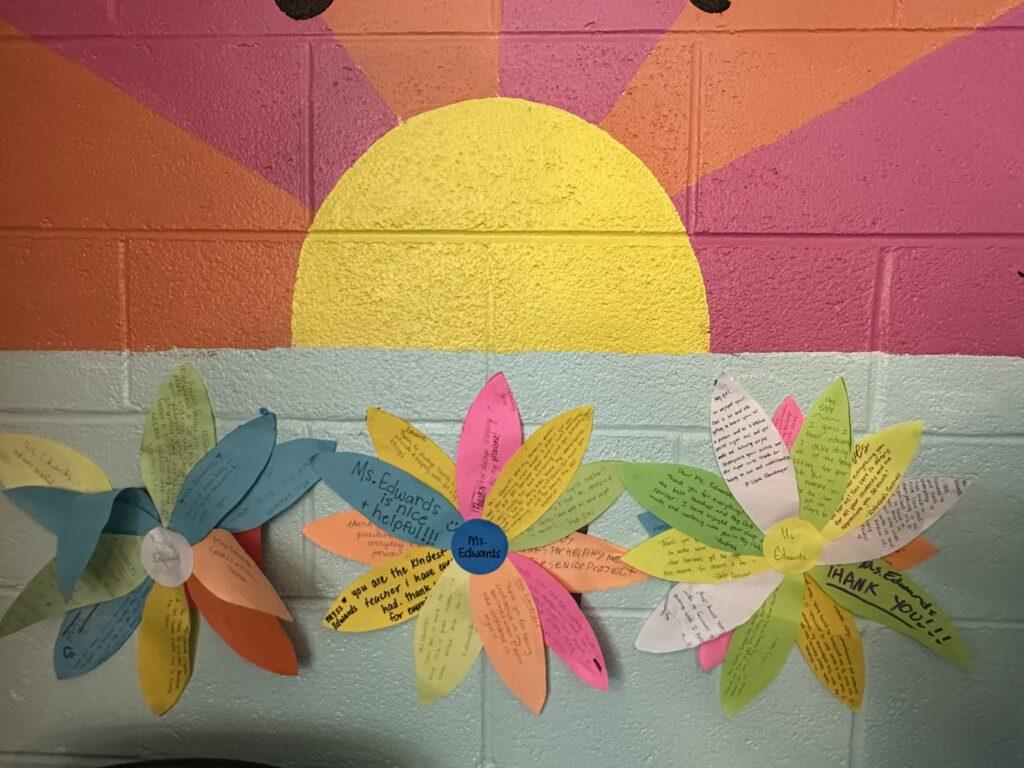N.C. Sen. Tom Apodaca, a Republican, who recently won reelection to the N.C. General Assembly representing Senate District 48, plans to focus on jobs and education when he returns to Raleigh in January.
On Nov. 4, Apodaca defeated Henderson County School Board member Rick Wood, 57.4 percent to 42.6 percent. Wood taught social studies and coached basketball at West Henderson from 1990 to 2006.
Apodaca said he would like to see improvements in the number of jobs available to residents of Western North Carolina and changes to funding for public schools.
Senate District 48 includes parts of Henderson, Buncombe and Transylvania counties.
Apodaca, who has held his seat since 2002, is a father of two sons and has been married to Lisa, a former school teacher, for more than 30 years. In the N.C. Senate, he serves as chairman of the Committee on Rules and Operations, a group that influences the flow of legislation in the General Assembly.
“I’d like to keep working on improving the graduation rate in our schools,” Apodaca said. “We also have to keep working on funding and teacher pay. I think that education, jobs and the economy are the biggest issues in our state right now. We have to get additional jobs for the area.”
When the N.C. General Assembly passed a state budget in July, driver education funding was no longer included. Apodaca said he voted for the budget as a whole, although there were parts he did not support.
“Driver’s education cuts were part of the budget, so my vote was based on the total budget,” Apodaca said. “One of the arguments for taking out the funding is that many students are hiring a private company for their driver education, but their parents are still paying the taxes for it. However, I want kids to have the public school option available.”
Apodaca supports increasing the limit on the number of charter schools in North Carolina and supports the expansion or charter schools.
“We’re finding that parents and students want other choices for their education, and we’re seeing a lot of charter schools in depressed areas that help give kids the instruction they need,” Apodaca said. “As a matter of fact, this is not just a state issue. The current federal government is supportive of expanding charter schools as another option for students to complete their education.” Apodaca did not support decreases in textbook funding in the past. He supports the switch to electronic textbooks; however, he wants to limit textbook expenses.
“In 2010, the Democrats voted to reduce the textbook funding by 78.1 percent,” Apodaca said. “This was the largest textbook funding reduction in the history of North Carolina, and I voted against that. Now, since we’ve got electronic textbooks coming up in 2017, we’re trying not to spend a lot of money on textbooks that will be totally obsolete in two to three years.”
For teachers getting master’s degrees, Apodaca supports a pay raise if teachers get the degree in the subject they teach.
“The teachers that have a master’s degree and the ones that have started it will continue to get their pay raise,” Apodaca said. “In the future, we want to give teachers a raise if they get their master’s degree in the area in which they teach.”
The state budget transferred the money for the N.C. Teaching Fellows scholarships for college students preparing to become teachers to the Teach for America program.
“The people that are already in the Teaching Fellows program will continue to get their money,” Apodaca said. “We’re not creating new Teaching Fellows scholarships because we put our money in Teach for America. We find that students who graduate from the Teach for America program are able to go in the areas we need them in, such as the rural areas, inner-city areas and other places where we have a hard time getting teachers and keeping them.”
Apodaca plans to even out the pay raises that recently benefited younger teachers more than experienced teachers.
“We put in a 7.1 percent raise, and the newest teachers, who had been teaching 0-10 years, ended up getting most of the raise because they hadn’t had a raise,” Apodaca said. “As we go forward, our goal is to make sure to pay our good teachers good money. To measure the performance, we want the best teachers to get the most money.”
The Opportunity Scholarship Program, also part of the budget, gives taxpayer money to low income families to help pay for private school tuition if the public schools in the area have poor performance.
The N.C. Supreme Court should soon decide if giving state tax revenue to private schools is constitutional under the N.C. Constitution.
“I’m not overly wild about the Opportunity Scholarship Program,” Apodaca said. “I do see why some of the poorer folks that are in inner-city schools would see this as a way for their children to get out of the trap of poor or failing schools. But the reality is we don’t have this situation in our area. It’s been done in Louisiana with great success. We’re going to watch and see how it does.”
Apodaca supports fracking if done safely and if regulations are followed.
“I don’t think we’ll have any fracking in Western North Carolina,” Apodaca said. “There are some areas down east that could potentially have natural gas, and as long as it is done safely, I don’t have a problem with it. Our safety restrictions in North Carolina are the strictest in the United States. We need to take care of the environment, but we also need energy.”
Categories:
Incumbent Tom Apodaca returns to N.C. Senate
November 20, 2014
On Nov. 4 Henderson County residents will go to the polls to vote for candidates running for a variety of local, state and national offices.
0
Donate to Wingspan Online
Your donation will support the student journalists of West Henderson High School. Your contribution will allow us to purchase equipment and cover our annual website hosting costs.

